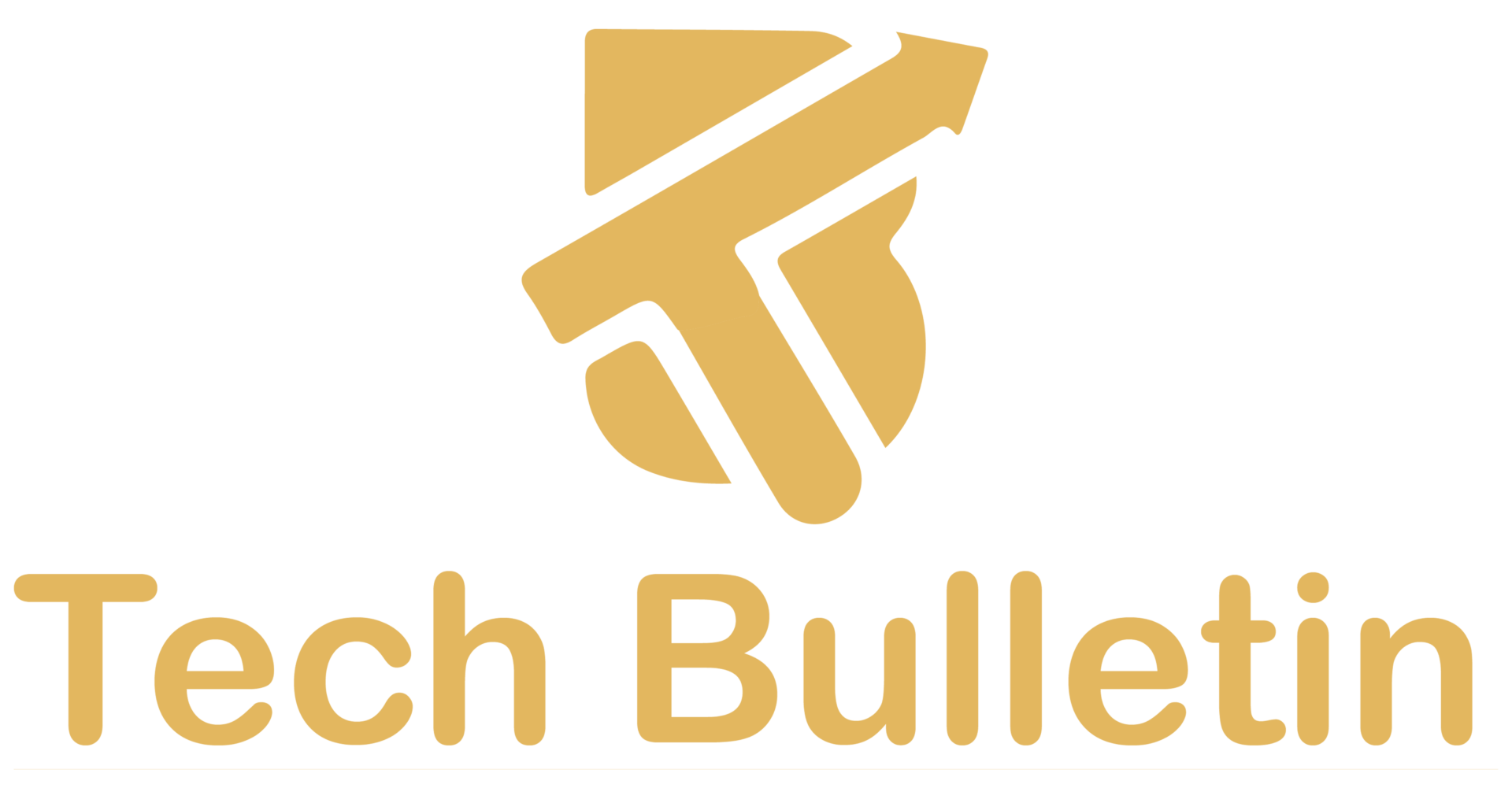Understanding Automation & AI in Industries: A Comprehensive Guide

In today’s era of digital transformation, automation and artificial intelligence (AI) are active agents of change across nearly every industry—from manufacturing lines to finance, from retail to education. This guide offers an in-depth, data-driven overview of how AI and automation are reshaping work, operations, and decision-making across sectors.
How Automation And AI Are Transforming Industries

AI adoption is steadily growing across multiple sectors:
Automation And AI in Business
AI and Automation in business enable businesses to rethink how they operate, enhancing decision-making with predictive analytics and automating time-consuming tasks to drive efficiency. Businesses are embracing AI to automate repetitive tasks, reduce costs, and gain insights from massive datasets. Over 65% of enterprises are now using AI in some form.
Use Cases:
- AI chatbots for 24/7 customer service
- Predictive analytics for market trends
- Smart CRMs for sales automation tools
- Automated invoice processing
Impact:
- 30–40% productivity boost in back-office operations (McKinsey)
- Enhanced customer engagement through personalization
Automation And AI in Education
AI is reshaping education by tailoring content to individual learning styles, streamlining administrative tasks, and making education more accessible and measurable. AI in education is growing with applications in adaptive learning, administrative automation, and student performance analytics.
Use Cases:
- AI-driven tutoring platforms
- Predictive tools to support at-risk students
- Automated grading systems
- Learning management systems with personalization
Impact:
- 20% increase in retention rates through adaptive platforms (EdTech Index)
- Improved teacher productivity and content delivery
Automation And AI in Finance
The finance sector uses AI to enhance speed, accuracy, and security in operations, while improving customer service and regulatory compliance through automation. Over 70% of finance firms use AI for tasks like fraud prevention, credit scoring, and investment analysis.
Use Cases:
- Machine learning in fraud detection
- AI-powered robo-advisors
- Real-time financial forecasting
Impact:
- Up to 25% reduction in fraud incidents using predictive AI
- Enhanced compliance through automated reporting tools
Automation And AI in Manufacturing
Automation and AI in Manufacturing are revolutionizing manufacturing by enabling predictive maintenance, real-time quality control, and autonomous operations to drive productivity and sustainability. With Industry 4.0, manufacturers are integrating AI and IoT to improve efficiency, safety, and product quality.
Use Cases:
- Predictive maintenance to reduce downtime
- AI-based quality inspections
- Robotics and autonomous systems on production lines
Impact:
- 30% reduction in equipment failure rates
- Real-time insights for resource optimization
Automation And AI in Retail & E-Commerce
Retailers are leveraging AI to enhance shopping experiences, streamline backend operations, and predict consumer behavior with precision. Retailers use AI to enhance personalization, automate logistics, and improve customer service.
Use Cases:
- AI-powered recommendation engines
- Chatbots and virtual shopping assistants
- Automated inventory management
Impact:
- 15% increase in sales from personalized experiences
- Faster delivery times with smart supply chain automation
Automation And AI in Tech and Innovation
In the tech world, AI accelerates innovation by automating software creation, analyzing large datasets, and reducing barriers to product development. AI is not only transforming industries but also the way tech itself is developed. Startups and innovators are leveraging AI to create smarter tools.
Use Cases:
- AI-generated content and code
- No-code platforms with AI logic
- NLP-powered APIs
Impact:
- Faster MVP development cycles
- Lower technical barriers for product innovation
Automation And AI in Logistics and Supply Chain
Automation technologies are transforming logistics by optimizing delivery routes, managing inventory in real-time, and improving supply chain visibility. AI optimizes every phase of the logistics chain, from forecasting demand to last-mile delivery.
Use Cases:
- Autonomous warehouse robots
- AI in transportation route planning
- Real-time demand forecasting
Impact:
- 20% cut in shipping costs
- Improved delivery time accuracy by up to 30%
Automation And AI in Healthcare
Healthcare providers are using AI to enhance diagnostic accuracy, personalize treatments, and streamline administrative processes for improved patient outcomes. Healthcare is embracing AI for diagnostics, patient care, and research, transforming outcomes and access.
Use Cases:
- AI in radiology and medical imaging
- Remote monitoring with wearables
- AI for drug discovery and clinical trial simulations
Impact:
- Diagnostic accuracy improved by 15–20% in radiology
- Enhanced chronic disease management with smart devices
AI Adoption Over Time (2018–2025)

Challenges of Automation And AI Across Industries
Despite progress, industries face critical challenges:
- Ethical Risks: Bias in decision-making algorithms
- Data Privacy: Risks with large-scale data processing
- Job Displacement: Automation is reducing certain job categories
- High Costs: Initial AI deployment costs are substantial
As AI matures, expect major shifts:
- AI-as-a-Service: Scalable tools for all business sizes
- Hyperautomation: Combining AI, RPA, and ML for end-to-end automation
- Explainable AI: Demand for transparent, understandable models
- Regulatory Frameworks: Global standards for ethical AI use
Conclusion
Automation and AI are reshaping how industries operate, deliver services, and innovate. With adoption growing rapidly, understanding their role and trajectory is essential for professionals in every field.





